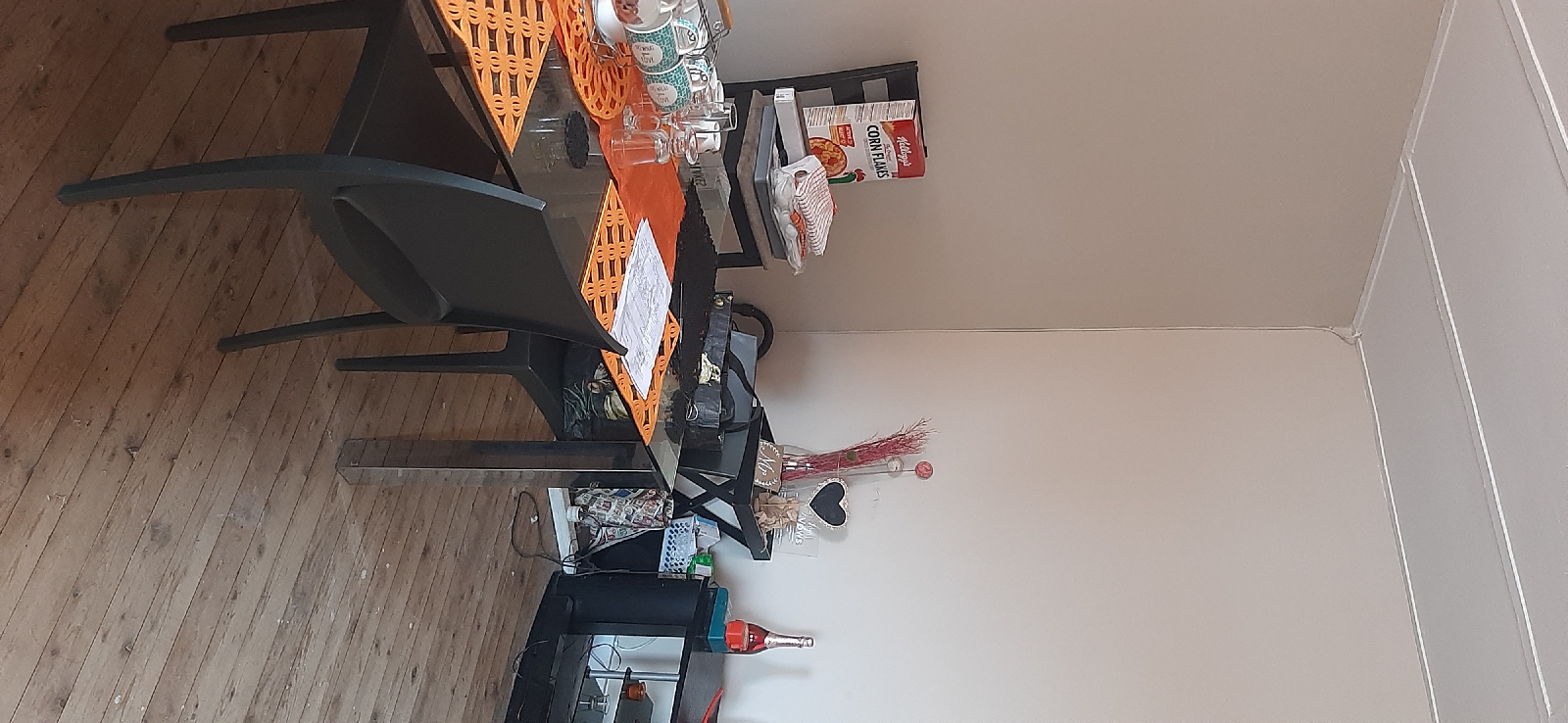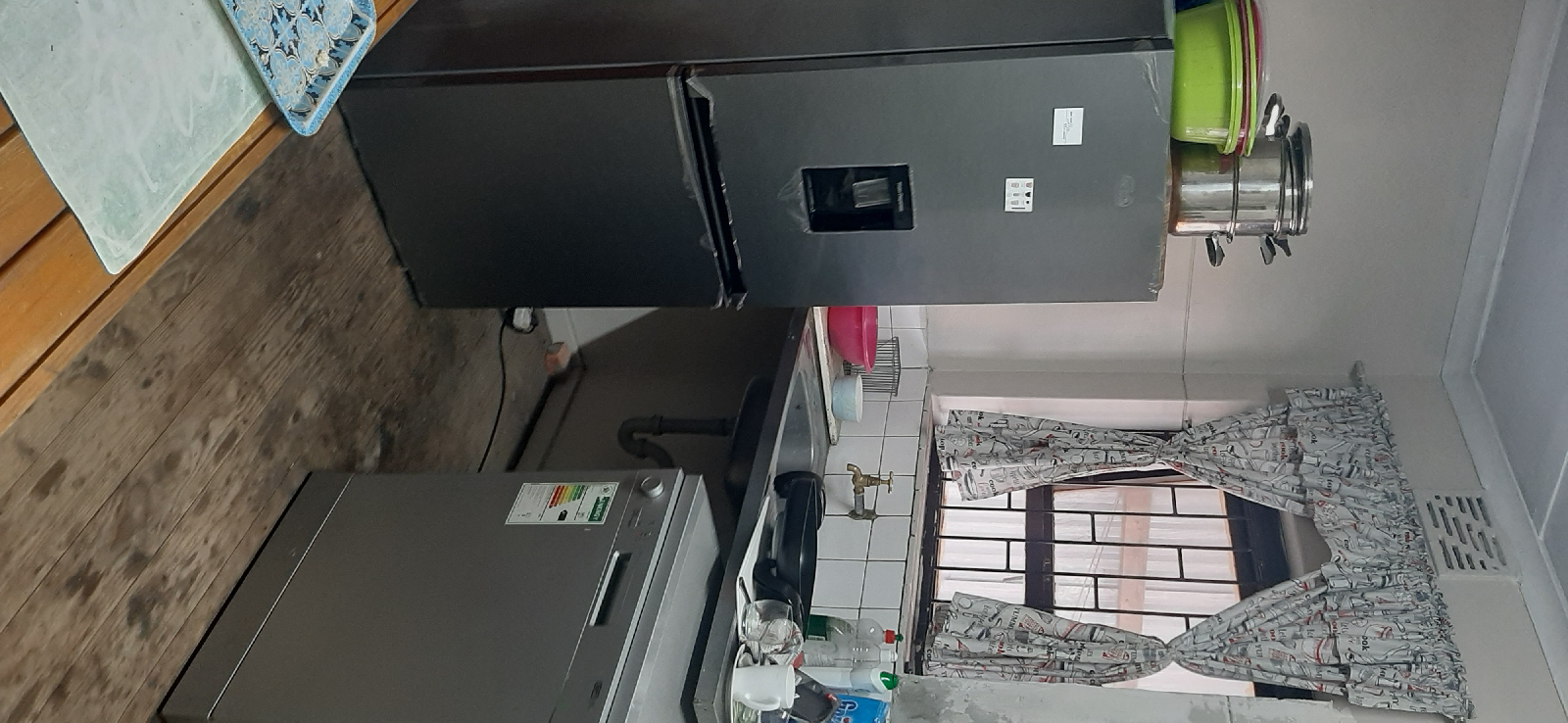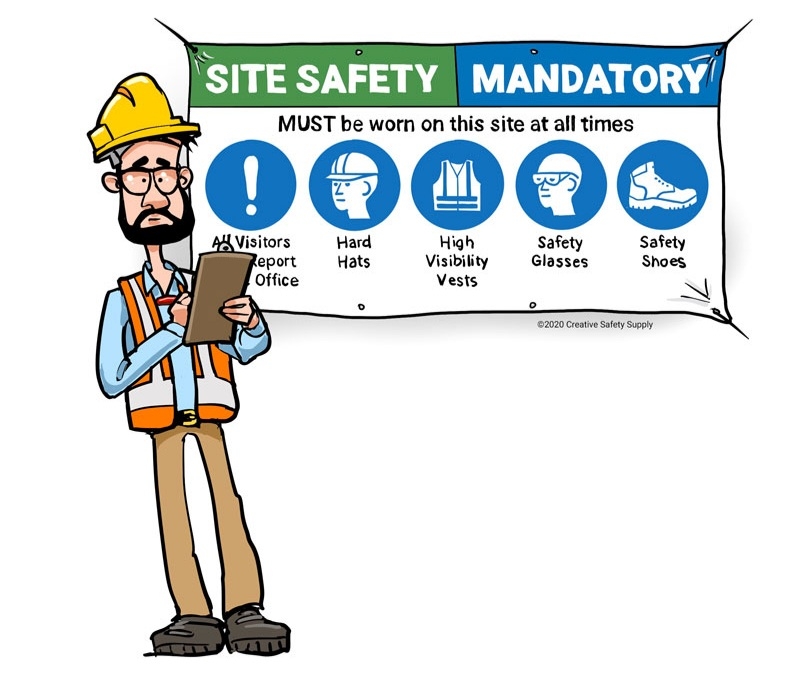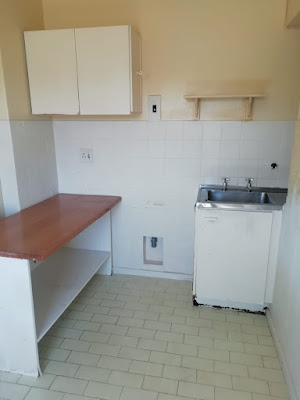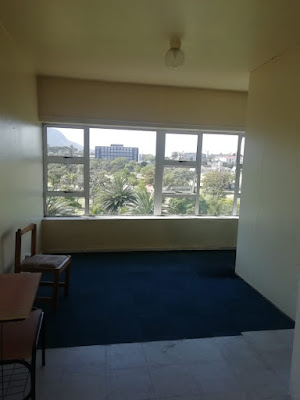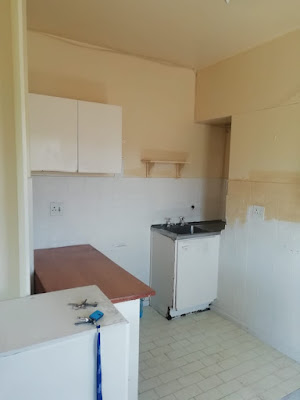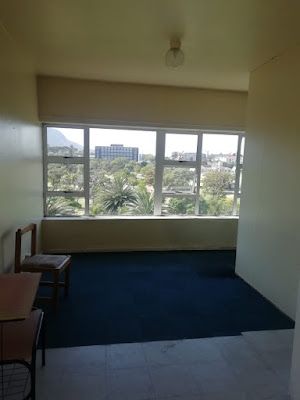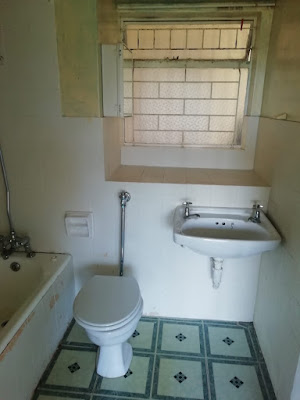Lake Properties Lake Properties
Lake Properties
If you’re comparing Athlone, Rylands, and Lansdowne, you’re already doing something smart: looking beyond the hype and into real value for money.
These three Cape Town suburbs sit close to each other geographically, but from a price, lifestyle, and investment point of view, they are not equal. Buyers often assume they’re interchangeable. They’re not — and choosing wrong can cost you hundreds of thousands over time.
Let’s break it down properly.
Athlone Property: Lowest Prices, Highest Compromises
Athlone is usually the cheapest entry point of the three. That’s the truth — and also the trap.
What Athlone Offers Buyers
Property prices in Athlone are generally more accessible, especially for:
First-time buyers
Investors with tight budgets
Buyers upgrading from council or family homes
You’ll find:
Older freestanding houses
Flats and sectional title units
Large variation from street to street
Transport access is a big plus. Athlone connects easily to:
Klipfontein Road
N2
Rail and taxi routes
This keeps demand consistent.
The Real Downsides
Here’s what often gets glossed over:
Security varies dramatically depending on the pocket
Traffic congestion is real and daily
Capital growth tends to be slow and steady, not impressive
Athlone works if price matters more than lifestyle. It does not magically turn into a quiet suburb because you want it to.
Best for: Budget-driven buyers and long-term hold investors
Worst for: Lifestyle buyers expecting quick appreciation
👉 Internal link suggestion:
View current Athlone properties for sale
Rylands Property: The Sweet Spot for Value
If we’re talking pure value for money, Rylands quietly outperforms both neighbours.
Why Rylands Punches Above Its Weight
Rylands typically sits in a mid-range price bracket, but delivers:
More consistent neighbourhood feel
Better buyer demand stability
Easier resale compared to Athlone
Housing stock includes:
Freestanding family homes
Townhouses
Sectional title units
Streets are generally more residential, and buyers often comment on the “nicer feel” — which matters more than people admit.
What to Watch Out For
Rylands isn’t perfect:
Price growth is solid, not explosive
Security still matters — this is Cape Town, not a gated estate
Stock can be limited, so good homes sell fast
That said, Rylands offers the best balance between affordability, livability, and resale demand.
Best for: First-time buyers, young families, cautious investors
Worst for: Speculators chasing fast flips
👉 Internal link suggestion:
Browse Rylands homes for sale
Lansdowne Property: Paying More for Perception
Lansdowne is usually the most expensive of the three — but price alone doesn’t equal better value.
Why Buyers Like Lansdowne
Lansdowne appeals to buyers who want:
A more established suburban layout
Larger homes and plots
Proximity to schools, places of worship, and retail
It feels more traditional, which attracts family buyers.
The Catch
Here’s the straight truth:
You often pay R500,000 to R1 million more for a similar house size
Capital growth is not significantly better than Rylands
Lifestyle improvement is subtle, not dramatic
Lansdowne makes sense if the specific street or property ticks your boxes — not just because of the suburb name.
Best for: Buyers prioritising space and familiarity
Worst for: Buyers focused on return on investment
👉 Internal link suggestion:
See Lansdowne properties for sale
Athlone vs Rylands vs Lansdowne: Side-by-Side Comparison
| Suburb | Price Range | Lifestyle | Resale Strength | Value for Money |
|---|---|---|---|---|
| Athlone | Lowest | Mixed | Average | ⭐⭐⭐⭐ |
| Rylands | Mid-range | Good | Strong | ⭐⭐⭐⭐⭐ |
| Lansdowne | Highest | Better feel | Stable | ⭐⭐⭐⭐ |
So… Which Suburb Actually Gives Better Value?
Let’s be blunt:
Athlone is cheap for a reason — it works when budget is tight, not when expectations are high.
Rylands gives the best all-round value: fair prices, stable demand, decent lifestyle.
Lansdowne costs more but doesn’t always give proportionally more in return.
The Honest Verdict
If you want the smartest buy, Rylands is usually the winner.
If you want the cheapest entry, Athlone is your option.
If you want space and familiarity, Lansdowne can work — just don’t overpay.
Lake Properties Pro-Tip 🏡
Suburb choice matters less than street choice.
Two identical houses in the same suburb can differ in value by hundreds of thousands of rands based purely on location, noise, traffic flow, and neighbour profile.
Before you buy, get a street-level valuation, not a suburb-average estimate. That’s where most buyers go wrong — and where smart buyers win.
👉 Speak to Lake Properties for a no-nonsense property appraisal before you make an offer.








